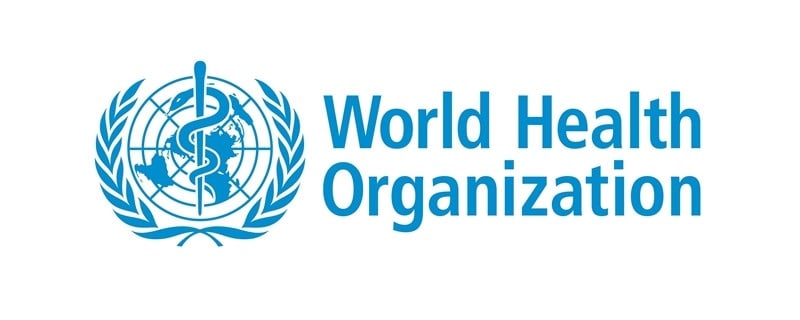The World Health Organization (WHO) stated on Tuesday that in 2023, the spread of infectious diseases in many countries was exacerbated by factors such as insecurity, poverty, and a lack of access to clean water and hygiene.
Dr. Tedros Ghebreyesus, the Director-General of WHO, conveyed this message in his end-of-2023 statement titled “Keeping the Hope for Health Alive.”
He highlighted that despite milestones, significant gaps persist in global readiness to prevent future pandemics.
Dr. Ghebreyesus acknowledged 2023 as a year of both achievements and challenges in global public health. The declaration ending COVID-19 as a public health emergency marked a pivotal moment after three years of crisis worldwide.
Related News: WHO Urges Immediate Humanitarian Access to Gaza Amid Dire Health Crisis
Additionally, the announcement that the mpox outbreak did not constitute a global health emergency was considered a major milestone.
New vaccines for malaria, dengue, and meningitis were approved, benefiting millions, especially the most vulnerable populations. Several countries, including Azerbaijan, Tajikistan, and Belize, achieved malaria-free status.
Various neglected tropical diseases, such as sleeping sickness, trachoma, and lymphatic filariasis, were eliminated in different countries.
Dr. Ghebreyesus mentioned progress toward eradicating polio, with the last mile in sight. Thirty more countries introduced the HPV vaccine to combat cervical cancer.
However, he emphasized that 2023 also brought about significant suffering and health threats. Notably, he mentioned the October 7 attacks by Hamas on Israel, resulting in around 1300 casualties and over 200 hostages.
Subsequently, Gaza experienced a devastating attack, causing more than 20,000 deaths, primarily among women and children, and injuring over 53,000.
Hospitals and health workers faced repeated attacks, and relief efforts fell short.
As of December 22, only 9 out of 36 health facilities in Gaza were partially functional, with just four providing basic services in the north.
Dr. Ghebreyesus expressed concern about the resurgence of cholera worldwide, with over 40 outbreaks reported.
He emphasized that insecurity, poverty, and inadequate access to clean water and hygiene contributed to the spread of infectious diseases, highlighting ongoing gaps in emergency preparedness and response to prevent future pandemics.
You can also read: Technician Electrocuted While Removing Billboard on Christmas


